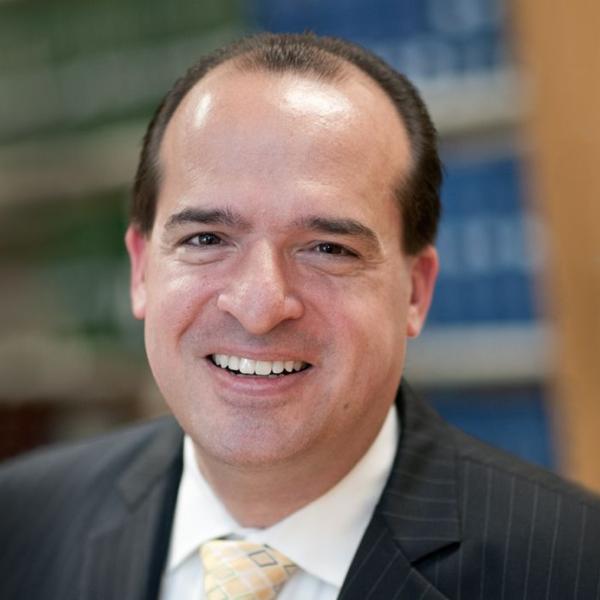Higher Purpose, Banking and Stability
Abstract
This paper provides survey evidence on higher purpose for individuals and organizations and develops a theoretical model consistent with the evidence. The survey of 1,019 individuals in the U.S. sought to learn about their commitment to and perceived value from personal and organizational higher purpose. One striking finding from the survey is that when an organization has a written statement of higher purpose, its employees tend to trust their leaders to not only be socially responsible, but also to make better business decisions, i.e. corporate governance is perceived to be better by the employees. We then develop a simple theoretical model that provides an economic rationale for this finding. In the model, an investment in higher purpose credibly signals the firm owner’s ability/marginal productivity and elicits higher employee effort. When put in a banking context, the model shows that optimal contracting within a bank that pursues a higher purpose leads to higher wages for employees, higher monitoring effort and a lower probability of bank failure when the bank has more equity capital, even though the bank’s capital does not affect the bank’s higher purpose investment. Even absent a signaling motivation for investing in higher purpose, these results are qualitatively sustained if the bank’s employees care about its purpose. Additionally, in this case, banks that invest more in higher purpose pay lower wages, elicit higher employee effort and have lower failure probabilities for any given capital ratio. Banks with higher capital ratios still pay higher wages, but the effect of capital on wages becomes weaker as the bank’s higher purpose investment increases. The decrease in the exposure of the deposit insurer due to higher capital goes beyond the direct impact of capital on the bank’s probability of failure.









